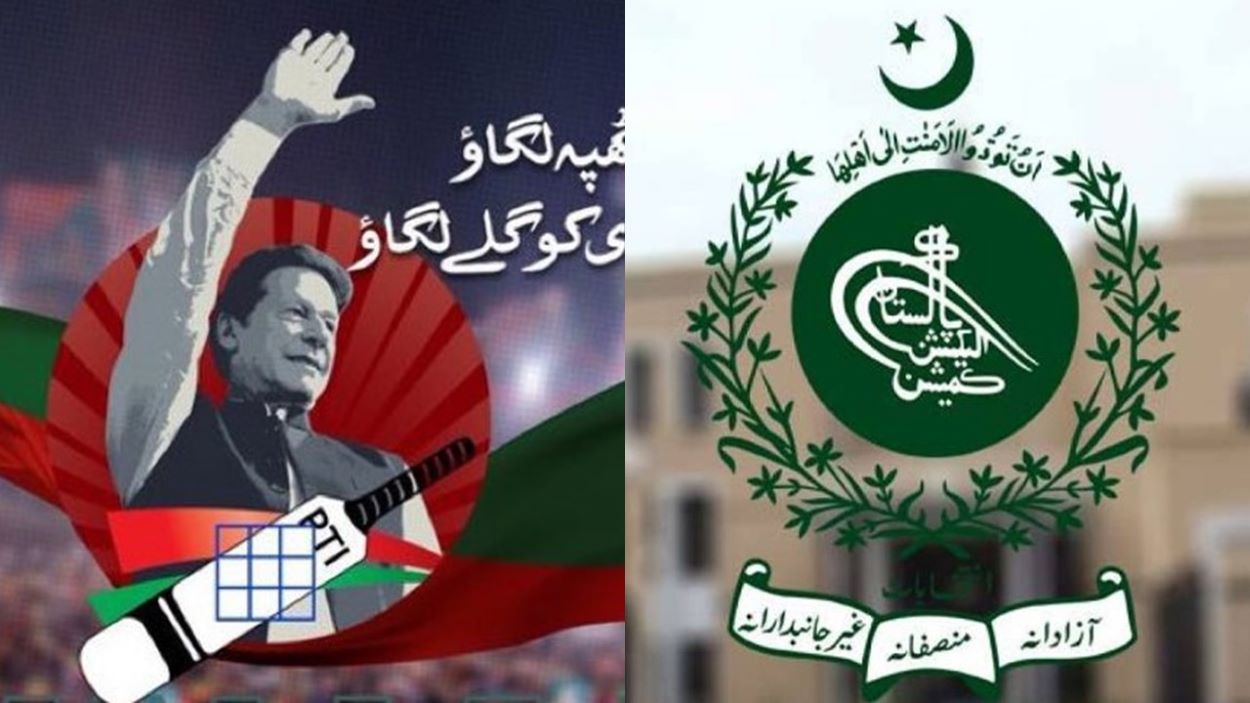The Election Commission of Pakistan (ECP) announced that the Sunni Ittehad Council (SIC), backed by Pakistan Tehreek-e-Insaf (PTI), is ineligible for the reserved seats designated for women and minorities.
The ECP’s five-member panel delivered the verdict under the leadership of Chief Election Commissioner Sikandar Sultan Raja with a 4-1 majority vote: Hassan Bharwana, the ECP Punjab member, dissenter against the majority’s decision.
The ECP clarified that it had extended the deadline for submitting the priority list for reserved seats. However, the SIC failed to provide the necessary list by the February 8 elections, breaching a crucial requirement.
Due to procedural errors and the violation of constitutional mandates, the ECP concluded the SIC’s inability to secure a share of the reserved seats for women. The ruling referenced Article 51(6), which mandates that reserved seats are allocated based on proportional representation to political parties that secure general seats in elections.
The allocation of each political party’s share of reserved seats will be based on their total number of general seats in the National Assembly and provincial assemblies, employing a comparable method for seats reserved for non-Muslims.
Dismissing the SIC’s request, the ECP upheld the applications from opposing parties, ensuring the National Assembly seats would be filled through the proportional representation of political parties relative to the general seats they won.
The ruling came after the SIC petitioned to allocate reserved seats for women and minorities to candidates supported by PTI who affiliated with the SIC following their electoral success on February 8.
In elections February 2024, independents endorsed by PTI took the lead by winning 92 National Assembly seats, outpacing the Pakistan Muslim League-Nawaz (PML-N) with 79 seats and the Pakistan Peoples Party (PPP) with 54 seats.






